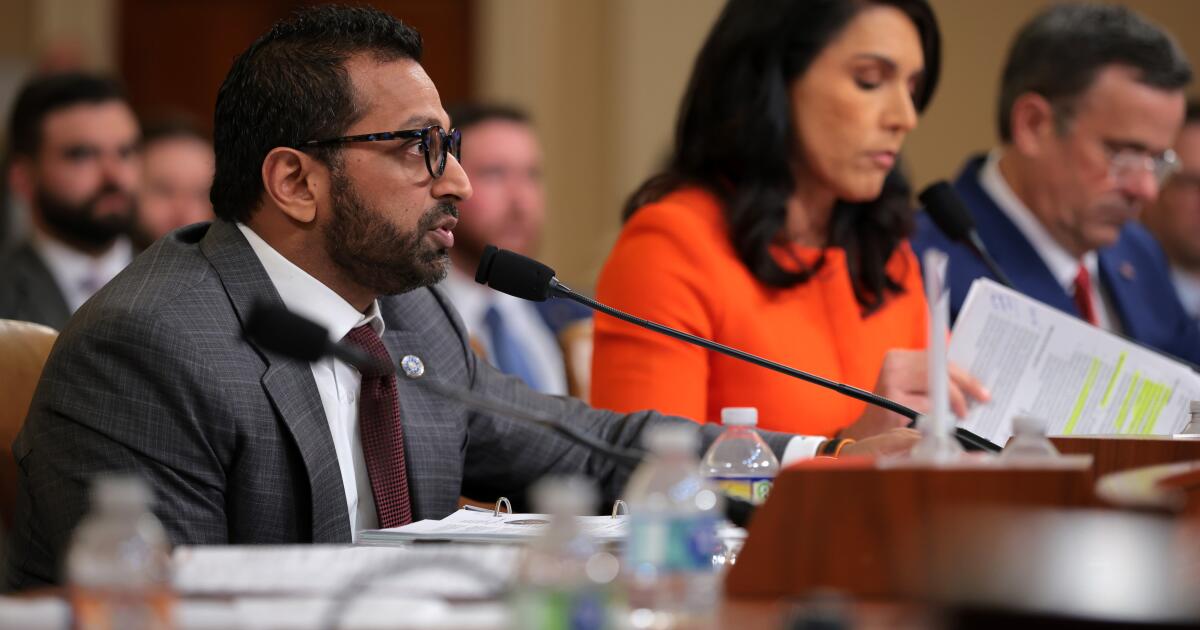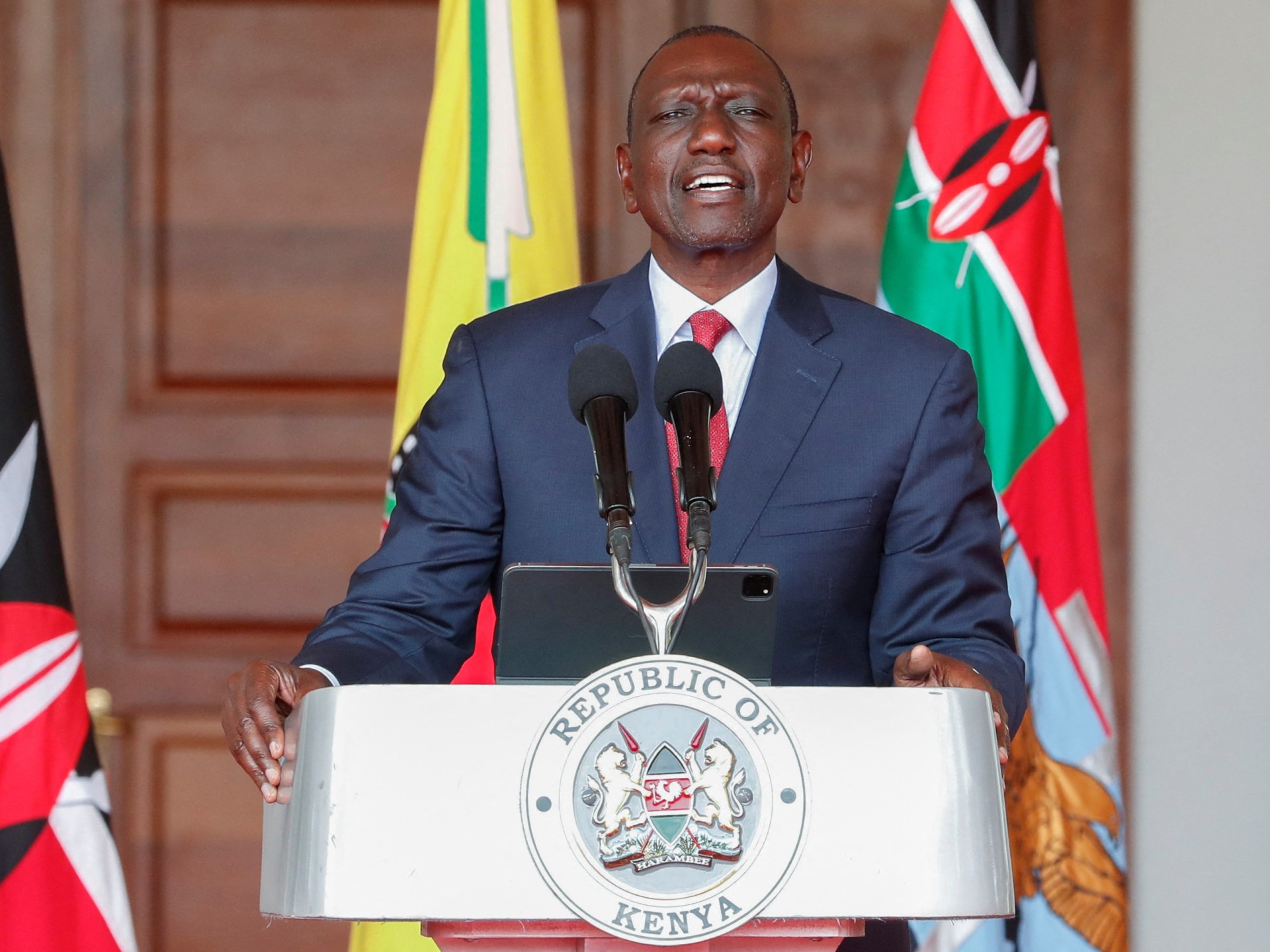As the November elections in the United States approach, political dynamics related to Israel and Palestine continue to influence key developments on the American political scene. Public opinion is no longer as favorable to Israel as it once was, which worries the Israeli government and its American supporters.
This is most evident in the actions of the American Israel Public Affairs Committee (AIPAC), the leading pro-Israel lobbying group in the United States. In recent months, it poured $8.5 million into a campaign to defeat progressive Democratic Congresswoman Cori Bush in the Democratic primary in Missouri. Bush, who championed Palestinian justice issues in Congress, lost on Tuesday to St. Louis prosecutor Wesley Bell. This followed AIPAC providing an unprecedented single-race amount of $17 million to defeat another supporter of Palestine, Congressman Jamal Bowman, in the Democratic primary in New York.
After Bowman’s defeat, AIPAC declared that the pro-Israel position in the United States was “both good politics and good public policy.”
In response to this claim, left-wing activist Medea Benjamin wrote: “On the contrary, it showed that pro-Israel groups can buy elections and sent a chilling message to all elected officials that if they criticize Israel, even during a genocide, they could very well pay with their careers.”
He noted that while AIPAC's funding of the Bush and Bowman defeats demonstrates the power and resources of the pro-Israel lobby, it also shows that it must now provide ever-increasing sums of cash to keep Congress pro-Israel and minimize the impact of progressive members.
This reveals how difficult it has become for the Israeli lobby to counter the growing popularity of the Palestinian cause, making it appear increasingly desperate as it takes steps that are likely to backfire and generate further resentment among the population and within the political system.
Such aggressive funding campaigns by AIPAC and other pro-Israel forces may soon be seen as another dimension of foreign interference in American elections, which has become a national concern since 2016. Americans who want their government to be impartial when it comes to Palestine and Israel might view increased Israeli funding or social media campaigns to favor particular candidates as inappropriate foreign meddling in American elections. Israel could soon join Russia, China, Iran, and Cuba as countries perceived to be manipulating American elections.
Another desperate pro-Israel measure that could backfire is pushing for legislation that would criminalize advocacy for Palestinian rights, punish nonprofits that support the Palestinian cause, or deprive universities of federal funding for allowing pro-Palestinian protests. Such legislation could infringe on free speech and First Amendment rights and would further tarnish the pro-Israel lobby as a regressive and anti-democratic force in the eyes of many Americans.
Such measures are being taken because the dominance of the Israeli narrative in shaping public opinion in the United States is slowly declining. This is because social media, progressive media, and more dynamic Palestinian activism allow Americans to easily see and evaluate Israeli genocidal actions in Palestine that are made possible by the support of the American government.
This has led to a more balanced public opinion, with more Americans sympathising with the Palestinians. According to a Gallup poll conducted in March, the national figure is 27%, among Democrats it is 43% and among young people it is 45%.
Views of the war are even more critical of Israel. A Data for Progress poll released in May found that 56 percent of Democrats believe Israel is committing genocide. Another of its polls released in June showed that 64 percent of likely voters support a ceasefire and the withdrawal of Israeli troops from Gaza; among Democrats, the figure was 86 percent. A June poll by the Chicago Council on Global Affairs showed that 55 percent of Americans reject sending U.S. troops to defend Israel if it is attacked by its neighbors.
American politicians cannot forever ignore these changes in public attitudes, especially among Democrats, and they appear to be taking them into account.
Last month, when Israeli Prime Minister Benjamin Netanyahu delivered his fourth address to the US Congress, nearly half of its Democratic members were absent.
Along with the shift in public opinion, other forces are opening cracks in the pro-Israel consensus in American politics. One of them is the National Uncommitted Movement, which during the Democratic primaries called on registered Democrats to vote “uncommitted” to show their rejection of the Biden administration’s policies on the Israeli genocide in Gaza.
The campaign garnered more than 700,000 votes, many of them from key states such as Michigan and Wisconsin. If the movement holds together until November and the elections are close, their votes could be enough to sink Kamala Harris, President Joe Biden's successor on the Democratic ticket, who faithfully supported his pro-Israel policy in Gaza.
Harris’s campaign, like Biden’s before her, is clearly worried. One sign of this is her decision to choose Minnesota Gov. Tim Walz as her running mate instead of Pennsylvania Gov. Josh Shapiro, whose staunch pro-Israel and pro-Zionist positions on pro-Palestinian student protests, the campaign to boycott Israel, and the Gaza war, among other issues, were discussed in public as potential obstacles to Harris’s chances of winning.
Harris herself has also hinted in her rhetoric that she wants to put some distance between herself and Biden’s staunchly pro-Israeli position. She has spoken more firmly about an immediate ceasefire and expressed concern about the suffering of Palestinian civilians. She has also told leaders of the Uncommitted campaign with whom she met briefly in Detroit last week that she would accept their request to meet and discuss their demand for an immediate US arms embargo on Israel.
But pro-Palestinian activists and non-committalists insist that in order to vote for her, they must see tangible action, such as an arms embargo on Israel and enforcement of U.S. laws that prohibit the country from providing military aid to foreign security forces that violate human rights.
In recent days, Harris was interrupted during two protest speeches by activists demanding she abandon Biden's policy. Her inadequate responses showed she is struggling to respond to progressive Democrats' demands for a more humane policy on Gaza.
We will only know of any substantial change in her stance on Israel and Palestine after the Democratic National Convention in Chicago this month. Whatever the Harris campaign decides, it is increasingly clear that for the first time American voters who support the Palestinian cause could have enough clout to sway presidential and congressional elections and, therefore, Washington’s domestic and foreign policies in the future.
This rather sudden transformation of the electoral landscape will create new headaches for the pro-Israeli lobby that will be difficult to deal with.
The views expressed in this article are those of the author and do not necessarily reflect the editorial stance of Al Jazeera.












